As the world changes, your views may turn out to be hollow or even wrong. For example, a younger me thought that travelling to faraway places, flying thousands of kilometres to experience things, was an entirely positive way to expand my world view. Or to take a more recent example: I thought that the coronavirus was overblown, just something that the upper-middle class that spend their winter holidays in the Alps panicked about. Which of my current views do I still need to readjust? Only time will tell.
How about ideals, which are more comprehensive than single views – do you dare to question them? For example, does the ideal of constant economic growth withstand scrutiny? After all, throughout our nation’s history, this kind of growth has been sought after by many esteemed thinkers in our society. Even our presidents have stood behind that ideal, from Kekkonen (who wondered whether we have the patience to become wealthier) to Niinistö (who during his presidential campaign in 2012 emphasised the need for cold economic growth).
To paraphrase Kekkonen, we could ask whether we have the patience to consider our ideals more closely. In Sitra’s Bildung+ project, we examine this especially from the point of view of the ideal of Bildung. The coronavirus crisis has also inspired many others to consider what is worth pursuing in life, at both the personal and societal level.
The Club of Rome preaches the gospel of growth – the growth of Bildung
During my summer holidays, Bildung – Keep Growing was published in the Reports to the Club of Rome series. It was written by Lene Rachel Andersen, a Danish member of the Club of Rome.
The name of the report refers to the best-known Club of Rome report, The Limits to Growth. The message of The Limits to Growth, published in 1972, was that the world’s natural resources could not support ceaseless economic and population growth. Also the Bildung – Keep Growing report finds endless quantitative economic growth impossible. However, the report encourages people to grow and update their Bildung. That is possible and even necessary if we want to live in balance with nature in the future. Andersen follows largely the same path of thinking as Sitra’s Bildung+ project in its work Sivistyksen tarina elää ajassa (The narrative of our Bildung is bound to our times).
In the report, Lene Rachel Andersen builds her own metamodern model for future Bildung, including the complexity of the world as an integral part of the model. She calls it the “Bildung Rose”. The model is partly based on developmental psychology and its goal is to reach a balance between seven domains: production, technology, science, ethics, narrative (ideologies or religions), aesthetics and political power.
You can learn more about the Bildung Rose by reading Andersen’s report. However, I want to highlight two important, interlinked ideas presented in the report: the importance of questioning and the need to support transformative, change-promoting adult education.
Questioning is part of Bildung
Bildung – Keep Growing states on several occasions how important it is to question things:
“Just knowing, intellectually, everything about production, technology, science, ethics, history & religion, aesthetics, and politics is not enough; that is not bildung. Bildung is the process that takes place when the content is discussed, challenged, doubted, explored with others, and when one realizes that one has suffered from a misconception because one did not see the full picture, or because one was misinformed. These pushbacks, these experiences of smaller or larger instances of “Jeez, what an idiot I have been!” is a crucial part of bildung.”
In this context, Andersen takes Nazis and their underlying Prussian values as an example. According to her, there were people in the top echelons who might have had education and knowledge regarding all of the domains mentioned above, even about the moral norms of their home country, but that still did not mean they had Bildung.
She bases her argument on the fact that the value system of these people was formed in the authoritarian Prussian culture. She notes that, in 1871, Bismarck prohibited workers’ educational associations in Prussia for fear of a revolution. The only form of education that was allowed to continue was the upgrading of professional skills and non-political lectures on culture. Questions after the lectures were prohibited – no discussion was allowed, and the audience had to go home directly after each lecture. The questioning of authority was not part of Prussian values. Unfortunately, these values restricted Bildung even among educated National Socialists.
But increasing mental diversity and Bildung requires situations that challenge our current assumptions or those of our authorities. If we never question our existing world view, our Bildung does not grow – we might accumulate knowledge but do not grow intellectually. Bildung is not about knowing it all but about questioning and admitting that you are mistaken.
Adult education needs updating
In my Gaps in our Bildung article, I wrote about how the Bildung-related idea of criticality that improves society’s adaptability and develops our ways of thinking is easily forgotten when learning is discussed. Lene Rachel Andersen directs similar criticism at current adult education. She writes:
“Today, there is a plethora of adult education available, not just in the Nordics, but across the West. Unfortunately, the majority of schools and programs focus on upgrading people’s professional skills, or they are evening classes for personal hobbies – which are important, but the democratic, transformative, empowering, emancipatory, and civic aspects of adult education have more or less vanished.”
According to Andersen, it seems that the key dimension of Bildung is missing in adult education. In other words, she finds that questioning, a critical approach and profound discussions that challenge our world view are largely being ignored. The aspect of liberal education that moves us beyond nationalism (the environment in which we have grown up) towards a broader European and global awareness and conscience has been almost completely neglected.
As the key elements of Bildung, Andersen highlights education, empowerment and emancipation. If we want to have a stable society and corruption-free institutions, political power must maintain and actively support these elements of Bildung. This should also be visible in the kinds of adult education offered.
The representatives of business life have often stated how lifelong learning is absolutely necessary, as working life is changing at such a hectic pace that flexibility and new skills are constantly needed. You may be able to detect in the background the view of adult education as a factor ensuring the competitiveness of business operations. In that line of argument, Bildung, empowerment and emancipation become mere decorative elements.
However, in this current world of wicked problems, the paradigm in which the economy and markets are unquestionably the main priority and the well-being of people and our planet only comes second is built on sand. Although there are signs in liberal education and certain sectors of business life that this paradigm is being questioned, the paradigm shift to new priorities should be strengthened and accelerated.
Lifelong learning should not be limited to honing and upgrading the skills needed in working life. Adult education could also promote the transformation of society, or in Sitra’s megatrend terms, ecological reconstruction. This means a difficult but necessary change in all aspects of life to give future generations the opportunity to enjoy at least some of the ecological sustainability, liberty and security that we are still enjoying here in the Nordic countries. Both the latest report of the Club of Rome and Sitra’s Bildung+ agree on this.
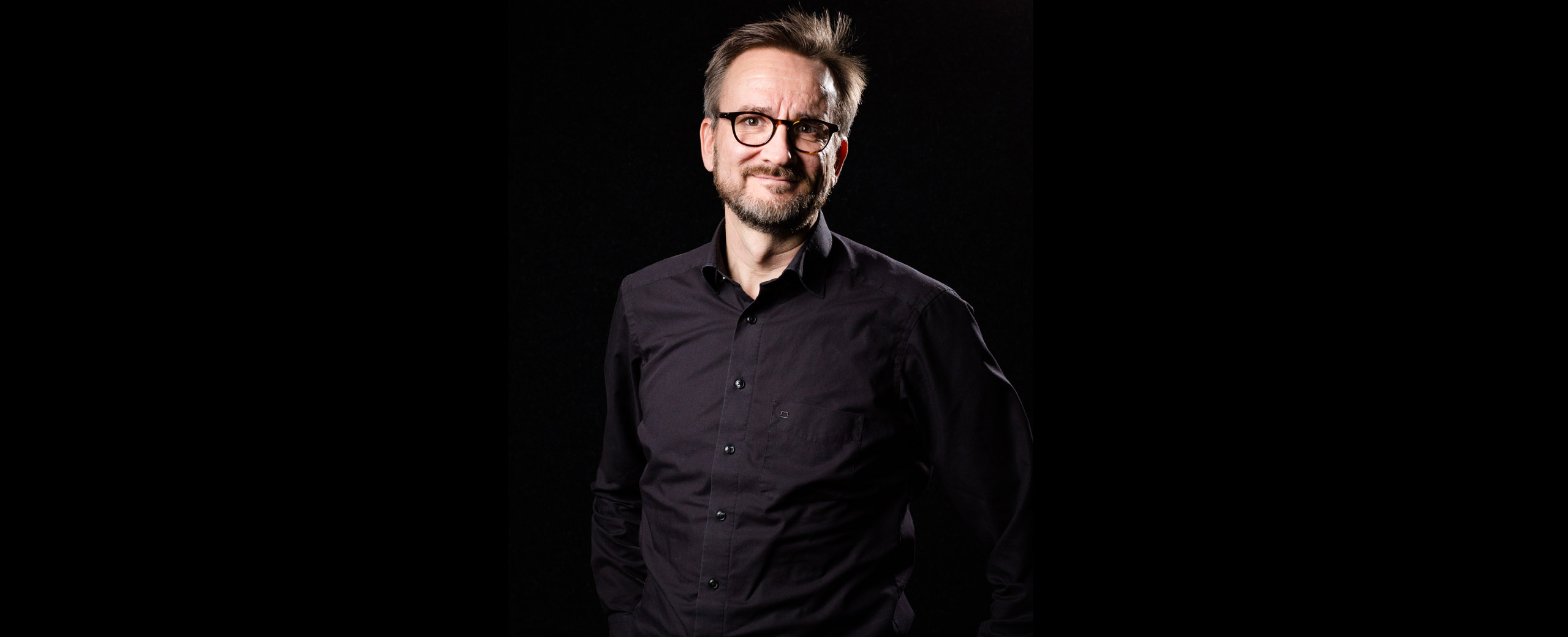
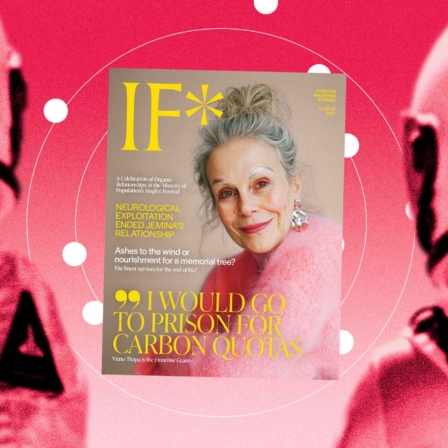
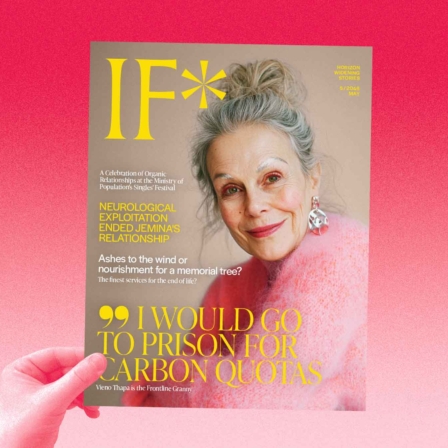
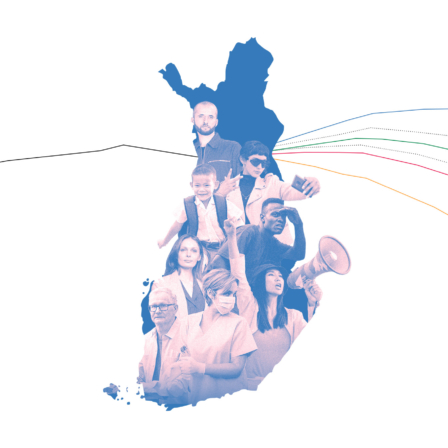
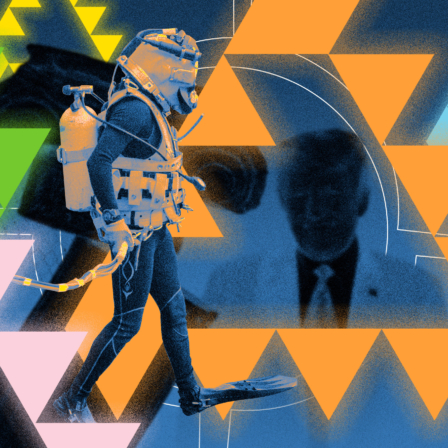
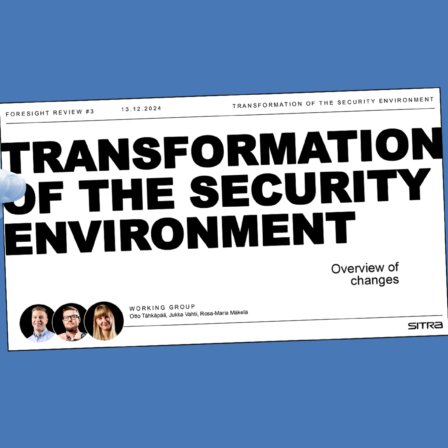
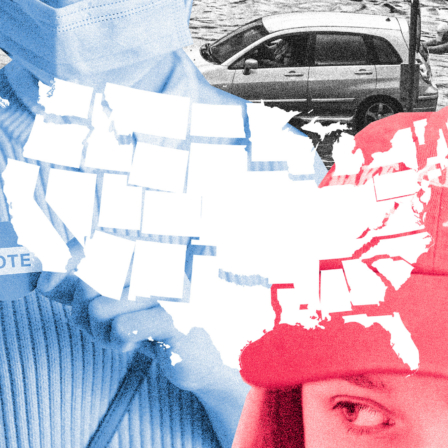

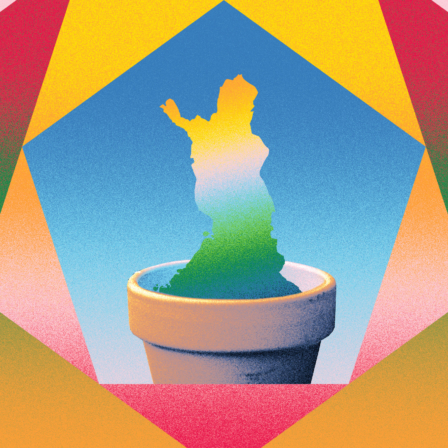
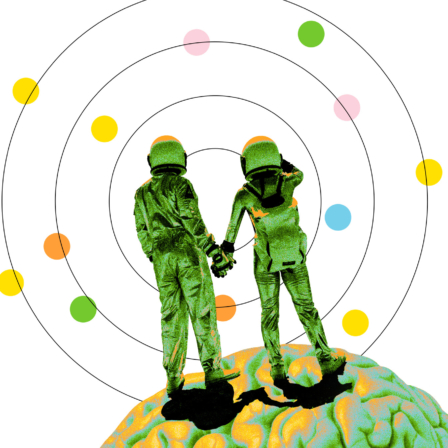




Recommended
Have some more.